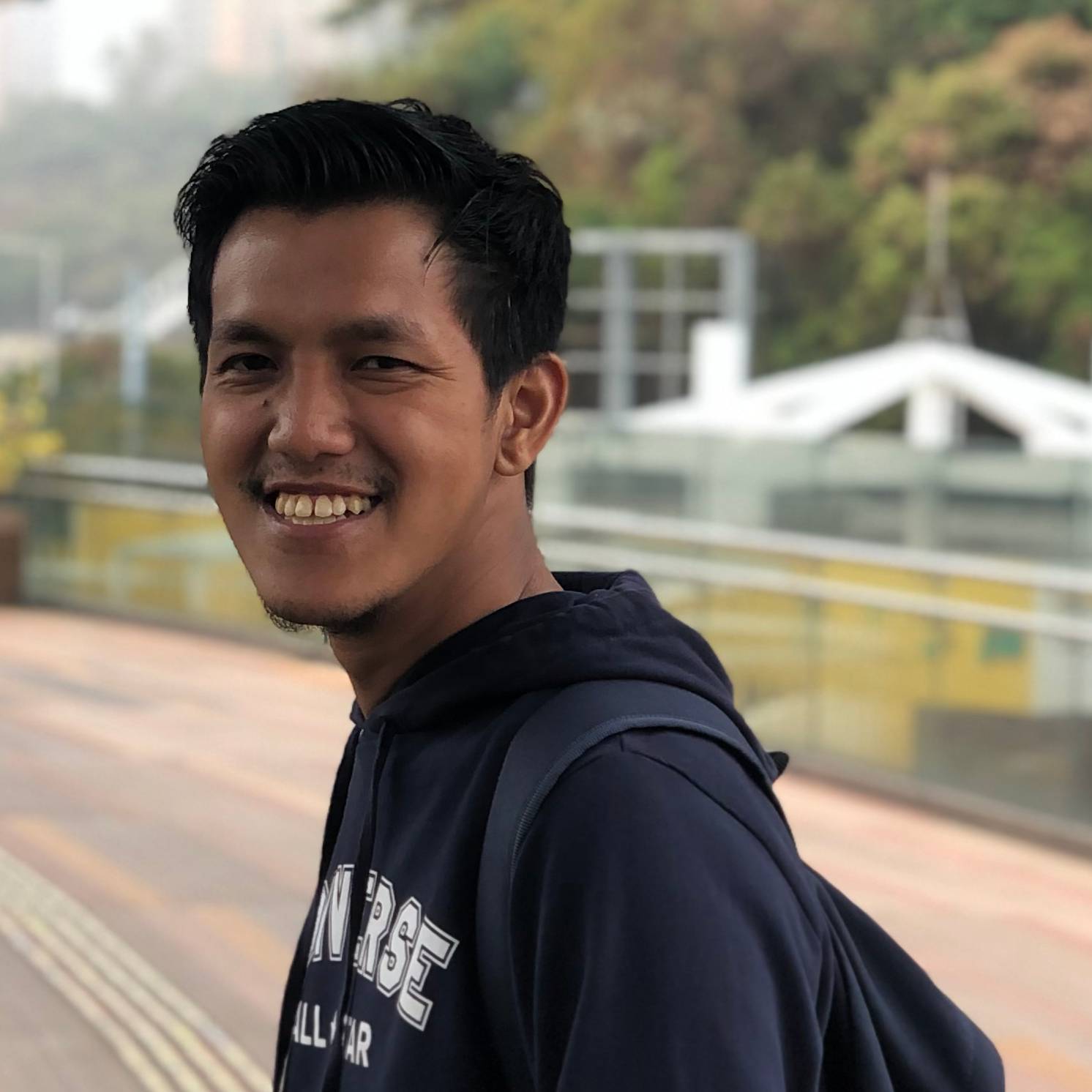In recent years, a small but notable number of Indonesian students have traveled to Israel to pursue educational programs, including at the Arava International Center for Agricultural Training (AICAT), the Technion – Israel Institute of Technology, and even Ariel University, located in an illegal Israeli settlement in the occupied West Bank. These exchanges, though limited in scale, raise serious concerns. They take place despite the absence of diplomatic relations between Indonesia and Israel—and more troublingly, they appear to contradict Indonesia’s long-standing support for Palestinian self-determination and its opposition to the Israeli occupation.
Indonesia has long championed the rights of the Palestinian people. That position is not a mere slogan or symbolic nod to global Muslim solidarity. It is rooted in anti-colonial conviction and the belief that a people under occupation deserve not just sympathy, but justice. Indonesia does not recognize Israel. It has, historically, refused to normalize relations so long as Palestine remains under occupation. That position has guided Indonesia’s foreign policy for decades, from Sukarno to today. And yet, in allowing its students to quietly enter Israel on student visas—some even under programs tied to Israeli governmental or settlement institutions—Indonesia is undermining its own principles.
OPINION: Indonesia’s Cairo gambit: A strategic pivot towards the Middle East
Proponents of these exchanges often speak in the language of pragmatism. Israel, they argue, has advanced technology in agriculture and water management—areas Indonesia could benefit from. What harm is there in gaining knowledge? But education is not neutral. It is never simply about technique or science. The institutions hosting these students are not apolitical. Some of them, like Ariel University, sit atop occupied land in the West Bank, in violation of international law. Participating in their programs is not passive learning; it is tacit engagement with a system that displaces, fragments, and dehumanizes an entire people.
This engagement also chips away at Indonesia’s credibility. Internationally, we present ourselves as defenders of Palestinian rights. Our diplomats speak before the United Nations, denouncing the occupation. We file statements at the International Court of Justice affirming that Israel’s policies violate international law. But what do those positions mean if, quietly, we allow our own citizens to pass through Tel Aviv airport with visas stamped by the very state we claim to oppose?
Domestically, the dissonance is even sharper. Across the archipelago, Indonesians consistently voice support for Palestine. Solidarity rallies in Jakarta, Bandung, and Surabaya often draw thousands. Civil society groups donate generously to humanitarian causes in Gaza and the West Bank. This is not just the work of Islamic organizations—it is a reflection of popular sentiment. To the average Indonesian, Palestine represents a moral cause, a struggle not unlike our own history of resistance against colonial powers.
READ: Indonesia’s president calls for 2-state solution in Gaza at Antalya Diplomacy Forum
Sending students to Israel, even in small numbers, amounts to normalization by other means. It undermines the collective moral stand that Indonesia has long held. It suggests that, despite our strong words, we are willing to quietly benefit from Israel’s institutions while Palestinians continue to suffer under apartheid conditions. It is hard to see that as anything other than hypocrisy.
Indonesia has no shortage of alternative partners. If we seek expertise in desert agriculture, water technology, or AI, we can turn to countries with similar capabilities and fewer political and ethical liabilities—countries that do not impose military rule on millions of people or bulldoze homes to expand settlements. There are abundant opportunities for cooperation with nations that share Indonesia’s commitment to justice and international law.
Ultimately, the question is not just about where students study. It is about what kind of nation Indonesia wants to be. Are we a country that proudly defends the rights of the oppressed? Or are we a country that says one thing on the global stage and quietly does another when no one is watching?
Indonesia should not allow its citizens to study in Israel—not now, and not until the entire colonial structure of occupation, apartheid, and ethnic cleansing is dismantled. Not until Palestinians are not just granted some symbolic state, but full and unconditional liberation on their own land. This is not a radical position. It is the only consistent one for a nation that still claims to stand for freedom and justice.
If we believe in a free Palestine—not just a two-state fiction, but all of it, from the river to the sea—then we must act like it. And that begins by refusing to normalise what should never be normalised.
OPINION: Indonesia must go beyond aid in Palestine
The views expressed in this article belong to the author and do not necessarily reflect the editorial policy of Middle East Monitor.


![Ariel University, built on the illegal Israel settlement of Ariel, taken on July 4, 2005 [kippi70/Wikipedia]](https://i0.wp.com/www.middleeastmonitor.com/wp-content/uploads/2016/11/2005_7_4-Ariel_University_1.jpg?fit=1200%2C800&ssl=1)








